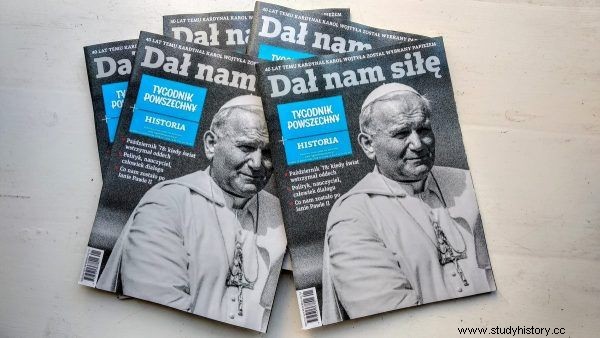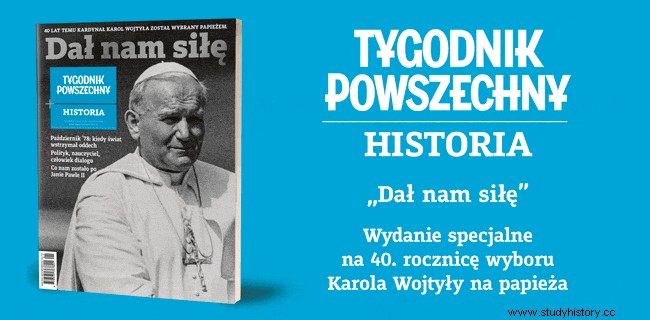Italian judge Ferdinando Imposimato was investigating the attack on the Pope. He discovered the so-called Bulgarian path leading towards Moscow. The communist secret services conducted a disinformation campaign aimed at diverting attention from the Bulgarian trail.
“A slim, discreetly elegantly dressed man in his seventies who looks more like an English gentleman than an Italian:the legendary judge Ferdinando Imposimato. Before my arrival at the hotel, he booked a table at a nearby restaurant, and there, in a cellar that is not reachable by cell phone pulses, we spoke of a case in which the retiree judge devotes his time and energy, drawing on past experience.
And the experience is huge. It was he who dealt with high-profile abductions and murders of Italian politicians Ald Moro and Vittoriu Bachelet; he was in charge of the anti-Mafia and Camorra trials. In 1987-94 he was a senator and member of the Chamber of Deputies, a three-term member of the Anti-Mafia Commission, and the honorary chairman of the Supreme Court of Appeal. He currently teaches at three universities.
Above all, however, Imposimato was investigating the assassination attempt on the Pope. It was he who discovered the so-called the Bulgarian path that led reliably towards the KGB. He withdrew and went with his family to the United States after "unknown perpetrators" killed his brother and announced further murders. Later Imposimato learned that similar threats (but no murders, however) had faced other judges as well. The goal has been achieved. The Bulgarian trace hypothesis was mocked and rejected. Only Ali Agca was sentenced and put in prison… ”
This is how the fascinating text of Fr. Adam Boniecki published in the new title "Tygodnik Powszechny Historia" "He gave us strength", which was published on the occasion of the 40th anniversary of the election of Karol Wojtyła as pope.

Tygodnik Powszechny Historia insidious in good press points and press salons.
The election of a Pole for the Pope in 1978 was the most important event that made Poles and Poles proud, according to the TNS Polska report prepared for NCK in 2016.
It is ahead of events such as the Battle of Grunwald, regaining independence in 1918, the rise of Solidarity and the Viennese victory.
▪ After 33 days of pontificate, John Paul I dies. The cardinals, gathered again for the conclave, elect the Archbishop of Krakow, Karol Wojtyla, as pope. How did this come about and how did the world react?
▪ An act of penance for the sins of the Church, a new opening in dialogue with other religions, sensitivity to poverty, pilgrimages, an attempt to build a new feminism:27 years of this pontificate irreversibly changes the Church
▪ Already during his lifetime he was called "John Paul the Great". What about the Pope's legacy has survived to this day?
In the new title "Tygodnik Powszechny Historia", for the 40th anniversary of the Pope's election, we recall that time.
Among the Authors and Authors, among others Andrzej Stasiuk, Katarzyna Wiśniewska, Bishop Tadeusz Pieronek, Gian Franco Svidercoschi, Anna Mateja, Zuzanna Radzik, Józefa Hennelowa, Marek Zając, card. Stefan Wyszyński, Fr. Adam Boniecki, Archbishop Grzegorz Ryś, Agnieszka Sabor, Tadeusz Mazowiecki, Stanisław Stomma, Stefan Swieżawski, Władysław Bartoszewski, Hanna Malewska, Halina Bortnowska. The issue also includes a conversation between Jerzy Turowicz and John Paul II .
"WEEKLY UNIVERSAL HISTORY" - IN GOOD PRESS POINTS AND PRESS SHOWROOMS.

